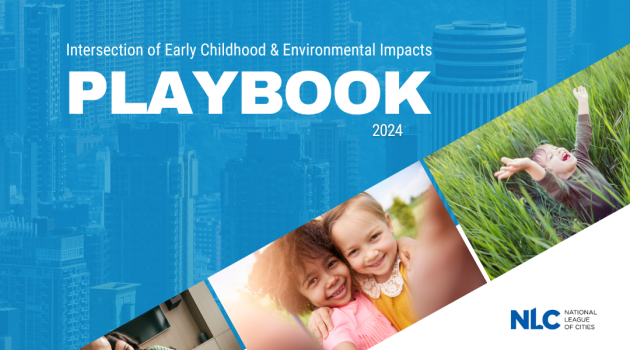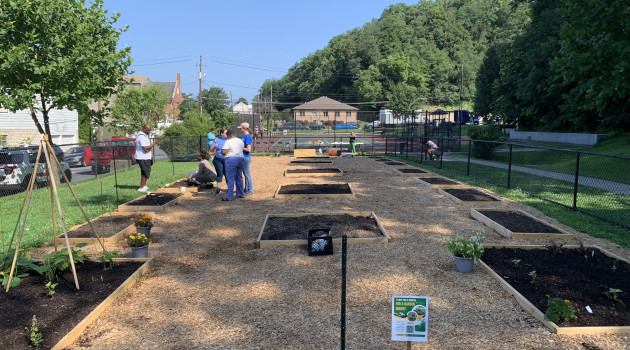
One in six American children have a neurological disability spanning from autism to IQ loss to ADHD. Diverse experts agree that before and after birth exposures to toxic chemicals and pollutants significantly increase kids’ risks for developing a neurodevelopmental disorder.
Approximately 1 billion children worldwide are at an “extremely high risk” of the impacts of the climate crisis. A significant portion of this risk comes from exposure to air pollution.
When you consider the impact of climate change, do you consider its impact on the neurodevelopmental health of the kids in your life? In your city?
There are lots of examples of how small amounts of neurotoxic chemicals can do great but subtle harm. A huge one is air pollution. Air pollution can disrupt brain development in utero, and people of color are 1.5 times more likely to live in areas with poor air quality than white people. Certain kinds of air pollution are strongly associated with premature birth and low-birth weight, which in turn are linked to childhood respiratory, GI, and neurologic problems, as well as more infections. We have recently learned that, as adults, these kids have a greater chance of both physical and mental health issues and a higher risk of premature death.
Air pollution and climate change are closely related. The extraction and burning of fossil fuels – the main source of carbon dioxide emissions – both causes climate change and is a major source of air pollutants.
Are you still wondering where the links are between neurotoxic chemicals and climate impact?
At the municipal level, leaders like you have two clear opportunities to score a win-win for climate and neurological health — by leading to reduce air toxics and drive environmentally preferable purchasing.
These points of intersection lead Healthy Babies Bright Futures to partner with EcoAmerica.
EcoAmerica is a non-profit that uses consumer research and strategic partnerships to create large-scale engagement programs that build awareness, understanding, and action for climate and environmental solutions among Americans.
Together, we launched a —-- free, virtual, self-paced, four hour training —-- to help you crystalize your understanding of the connection between climate and the neurological health of the people in your communities. You’ll also learn about the spectrum of solutions, how to speak effectively on the topic, and pragmatic opportunities to act and advocate.
Access the training here using the code HBBFCfHAmbassador22.
We invite participants to start their training on September 27 and complete the four hours of online instruction by November 1 at 3pm EST/1pm MT. We’ll have a live virtual debrief event to share training experiences—including what could be improved—and share our commitment to sharing the information with their networks. Register here for the virtual “RECAP” event on November 1, 2022.


